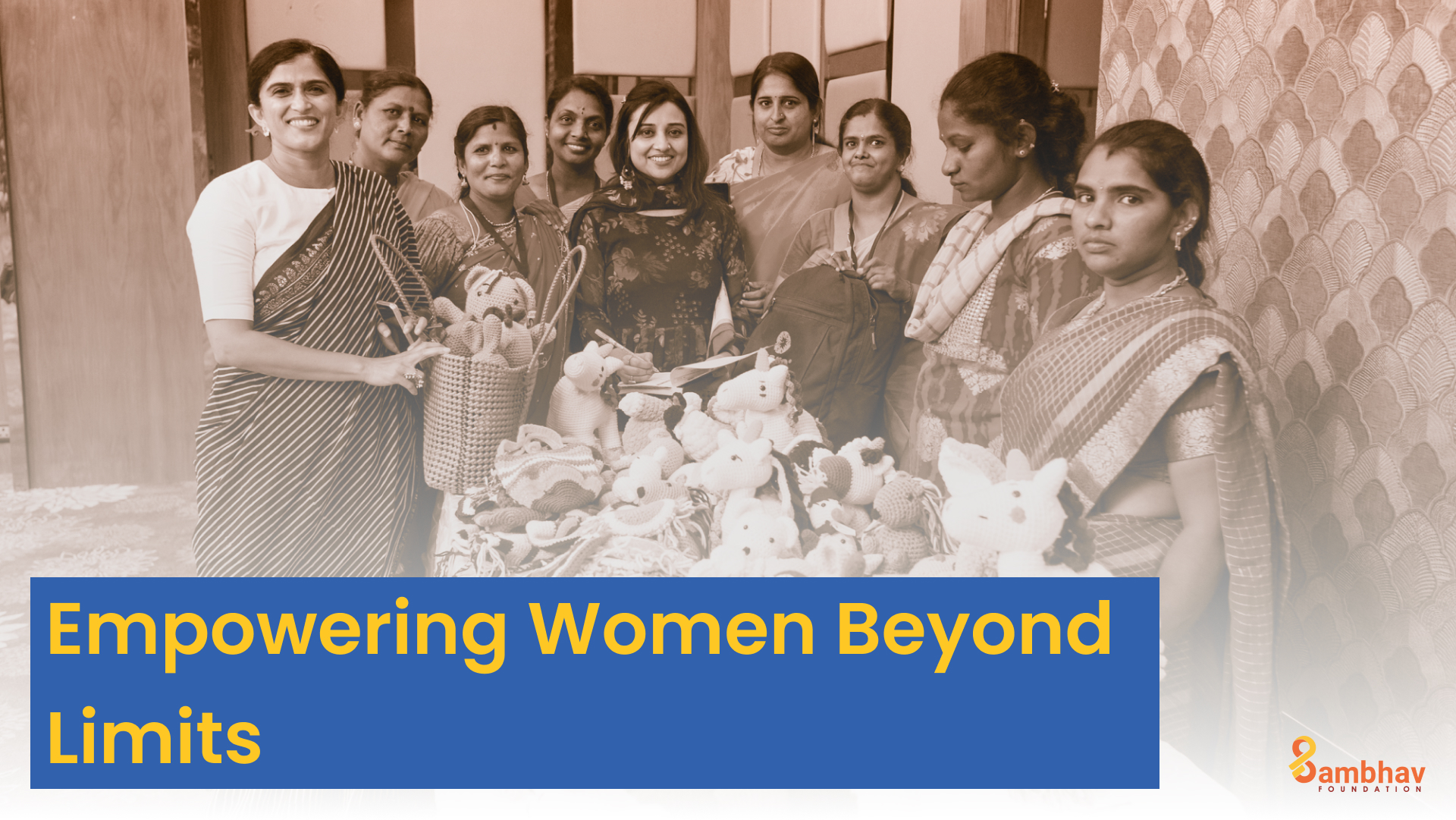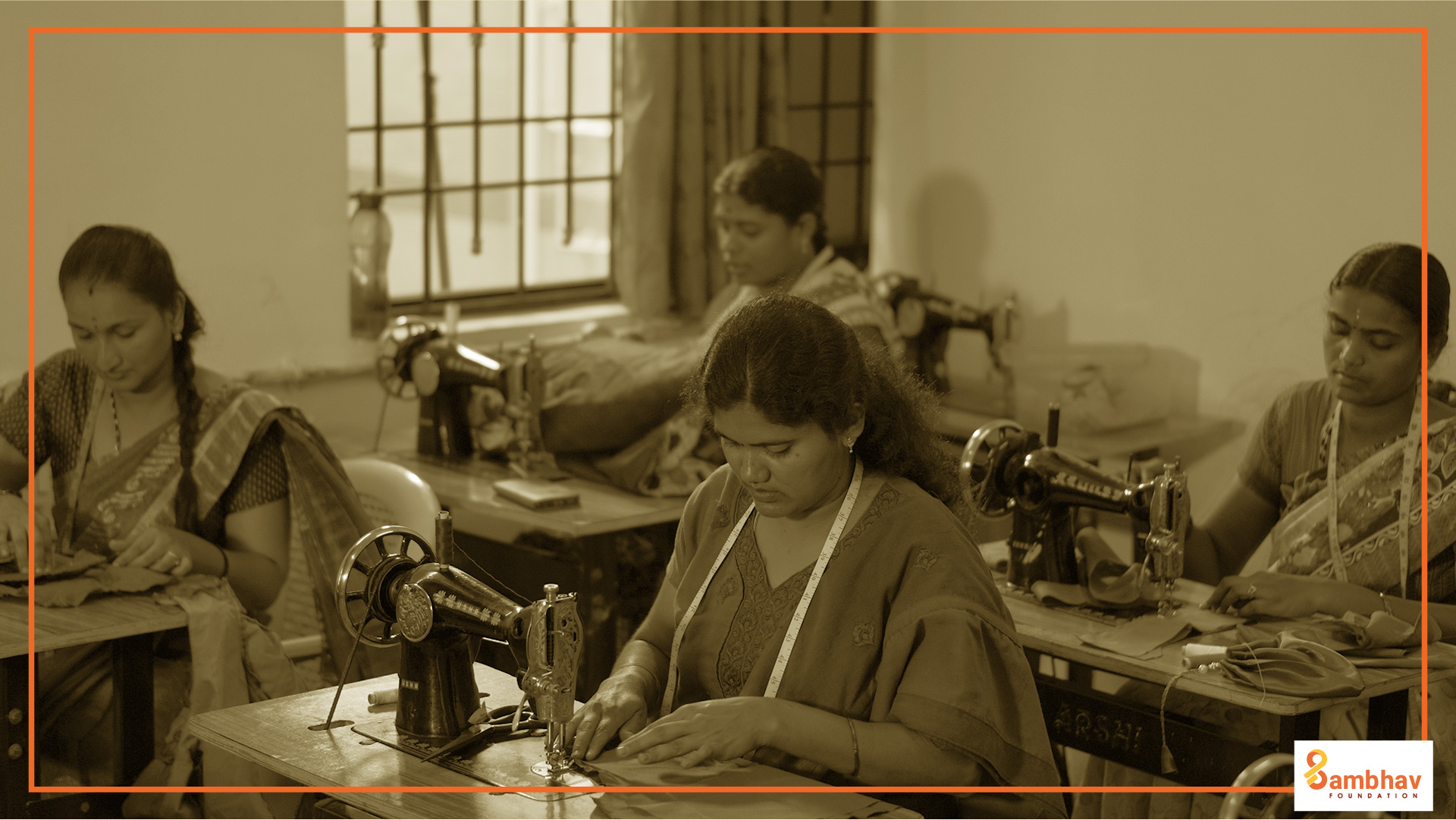Lack of access to menstrual hygiene doesn’t just affect women’s health, it robs them of their future. ‘Period poverty’ has a devastating effect on young girls. For instance, the onset of puberty and menstruation causes one out of five girls to simply drop out of school.
Accredited Social Health Activists (ASHA) workers are already engaged in raising awareness about menstrual hygiene.
This edition of ‘Impact at Scale’ looks at putting an end to period poverty.
1 Question:
- Menstrual hygiene isn’t just a lack of access to products. It’s also the presence misinformation and cultural roadblocks. How can we tackle the roots of period poverty and change mindsets?
2 Perspectives:
- The NFHS-5 report shows women with more than 12 years of schooling are twice as likely to practice menstrual hygiene. Schools can become safe spaces to engage community members and spread awareness.
- While access to menstrual hygiene products remains a challenge, we need a better tech-enabled mechanism to track the distribution of these products.
3 Factors:
- Using our public education infrastructure can be an effective way of tackling the issue at scale. We can begin by sensitising school teachers, using schools as safe spaces to engage the community, and providing sanitary napkin dispensers in government schools.
- Efforts to raise awareness about menstrual hygiene are hobbled by the lack of standardised curriculum and advocacy literature. We need to design the curriculum / modules in vernacular languages to train ASHA workers or school teachers, who can then engage women in the local community.
- Nearly 17% of menstruating women use sanitary napkins, making it the most used menstrual hygiene product. But there are other sustainable options like menstrual cups that need to be explored.
But how do handle the conversation about other menstrual hygiene products? Any ideas?
Do let me know your thoughts!
Until next time,
Dr. Gayathri Vasudevan




